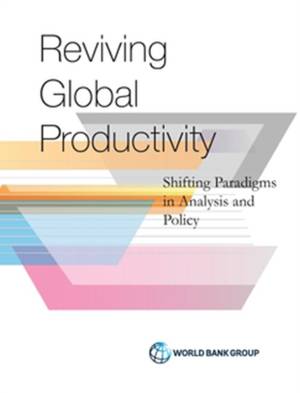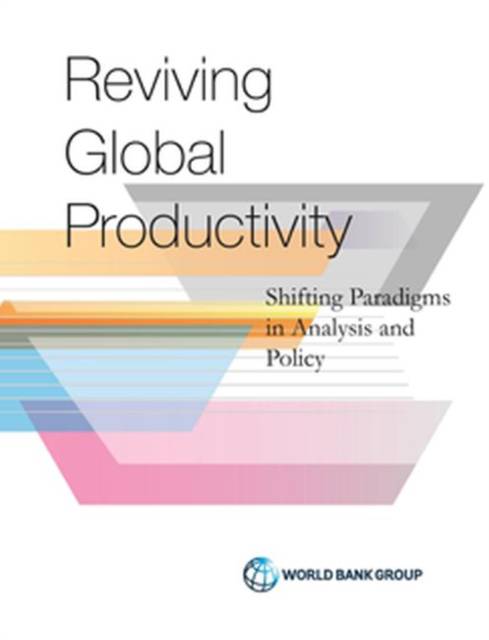
- Retrait gratuit dans votre magasin Club
- 7.000.000 titres dans notre catalogue
- Payer en toute sécurité
- Toujours un magasin près de chez vous
- Retrait gratuit dans votre magasin Club
- 7.000.0000 titres dans notre catalogue
- Payer en toute sécurité
- Toujours un magasin près de chez vous
Productivity Revisited
Shifting Paradigms in Analysis and Policy
Ana Paula Cusolito, William F MaloneyDescription
The stagnation of productivity in the developing world, and indeed, across the globe, over the last two decades dictates a rethinking of productivity measurement, analysis, and policy. This volume presents a 'second wave' of thinking in three key areas of productivity analysis and its implications for productivity policies. It calls into question the measurement and relevance of distortions as the primary barrier to productivity growth; urges a broader concept of firm performance that goes beyond efficiency to quality upgrading and demand expansion; and explores what it takes to generate an experimental and innovative society where entrepreneurs have the personal characteristics to identify new technologies and manage risk within an entrepreneurial ecosystem that facilitates them doing so. It also reviews arguments surrounding industrial policies. The authors argue for an integrated approach to productivity analysis that incorporates both the need to reduce economic distortions and generate the human capital capable of identifying the opportunities offered to follower countries and upgrade firm capabilities. Finally, it offers guidance on prioritizing policies when there is uncertainty around diagnostics and limited government capability.
Spécifications
Parties prenantes
- Auteur(s) :
- Editeur:
Contenu
- Nombre de pages :
- 200
- Langue:
- Anglais
Caractéristiques
- EAN:
- 9781464813344
- Date de parution :
- 21-12-18
- Format:
- Livre broché
- Format numérique:
- Trade paperback (VS)
- Dimensions :
- 175 mm x 251 mm
- Poids :
- 385 g

Les avis
Nous publions uniquement les avis qui respectent les conditions requises. Consultez nos conditions pour les avis.






